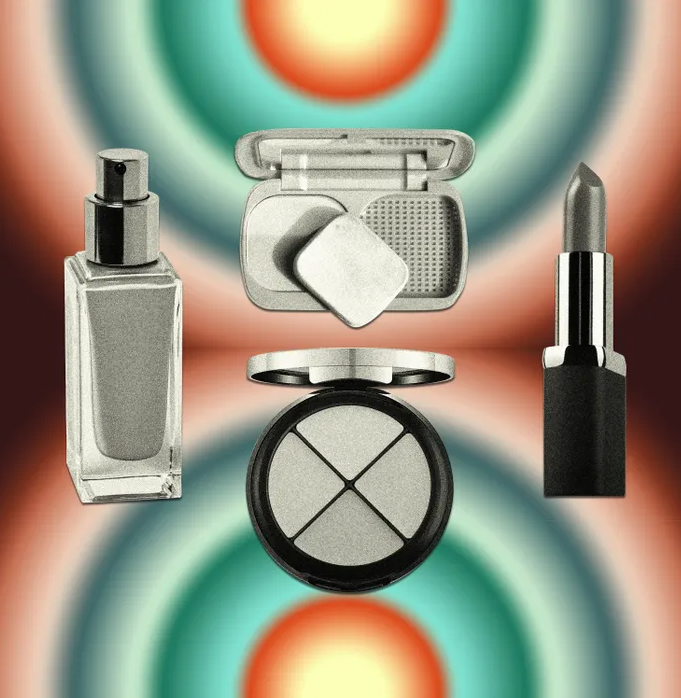Can clean makeup really last without getting moldy?
In the United States, the government does not set standards for the use of preservatives in cosmetics, nor does it require expiration dates on cosmetic labels.
Although there are no laws governing how cosmetics should be stored or how long they should be stable, the FDA does require all cosmetic manufacturers to ensure the safety of their products.
“Cleansing products are tested in the same way as conventional products” and must pass the same stability tests, says cosmetic chemist Krupa Koestline. This means that “clean” anti-corrosion systems can be just as effective as conventional systems. But just because they can be effective doesn’t mean they are. This also works with traditional recipes! Discontinue use if product separates, smells odd, or changes color or odor after opening.
“Generally speaking, the formula of color cosmetics is usually stable for up to six months from the date of opening,” and it may last longer if the makeup does not contain water (bacteria need water to grow). For things like mascara, consumers should use it up within three months of opening it.
In fact, the term “clean” has no legal definition. Sometimes some brand owners come to us to help them produce make-up products, and they will specifically request to meet the “clean” standard. In fact, they are stating that their formulas do not contain ingredients that may be associated with health or environmental concerns, such as Sephora and/or Creed Cleaning Standards. They often opt for paraben-free products such as BHT, BHA, methylisothiazolinone, diazolidinyl urea, and parabens.
So, the question is, are cosmetics without these special preservatives more likely to expire or harbor bacteria or fungus? Not if formulated properly, says Koesteline. Actually the chemists in the lab they would substitute other ingredients like “phenoxyethanol” which is a broad spectrum preservative that prevents the growth of microorganisms and is approved for use in Europe at concentrations up to 1 %. When asked to avoid phenoxyethanol, they cite sodium benzoate, potassium sorbate, sodium levulinate, and sodium anisate as other preservatives to get “clean.”
Whether you qualify as “clean” or not, you should know to throw away water-based makeup after six months, even if it looks the same as it did when you first applied it. Because if it is infected with bacteria, we cannot see it with the naked eye.
Go through your makeup bag and clear out creams and liquid makeup that’s been on for more than six months.
Post time: Mar-14-2023


